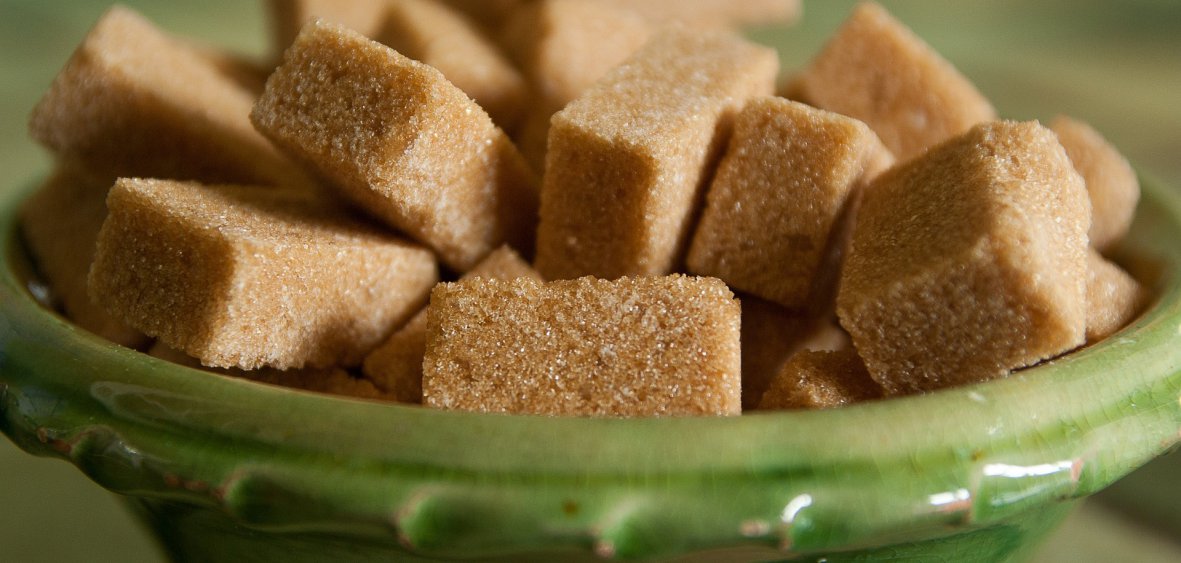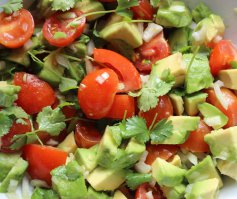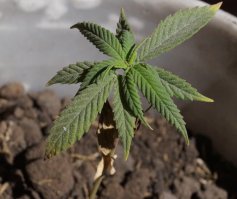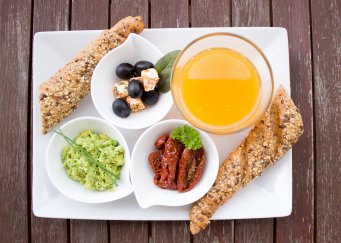 Following various media and statements of dieticians and doctors, we often encounter the statement that we should reduce the consumption of sugar, and preferably permanently eliminate it from our diet. But do we know why?
Following various media and statements of dieticians and doctors, we often encounter the statement that we should reduce the consumption of sugar, and preferably permanently eliminate it from our diet. But do we know why?
What is sugar really?
Sugar is a sucrose, a disaccharide classified as a simple carbohydrate. It consists of one glucose and one fructose molecule. Sugar is obtained from sugar beet or cane. These plants go through a very complex purification process, as a result of which a pure carbohydrate product lands on our tables. It has no nutritional value, but only a collection of empty calories.
Sugar consumption in Poland
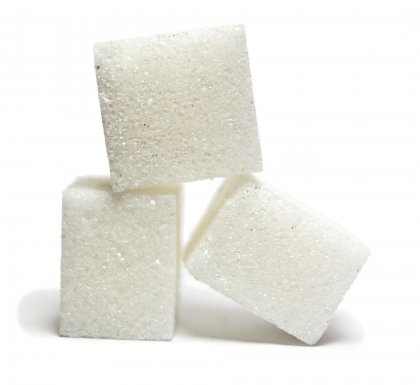 According to the Central Statistical Office data, over the years 1999-2003 Poles ate 41.7 kg of sugar per capita per year. This means that the daily intake of sugar was about 114g, i.e. nearly 23 teaspoons of sugar a day! Despite many years of intensive campaign encouraging people to give up sugar or replace it with alternative sweeteners, the consumption of sugar in our country is still very high and amounts to about 108 g of sugar a day.
According to the Central Statistical Office data, over the years 1999-2003 Poles ate 41.7 kg of sugar per capita per year. This means that the daily intake of sugar was about 114g, i.e. nearly 23 teaspoons of sugar a day! Despite many years of intensive campaign encouraging people to give up sugar or replace it with alternative sweeteners, the consumption of sugar in our country is still very high and amounts to about 108 g of sugar a day.
Meanwhile, the WHO calls for the daily ration of sugar to be 25 g, i.e. 5 teaspoons per day. The World Health Organisation does not talk about sugars contained in fresh fruit and vegetable juices, sugars contained in milk or natural yoghurt. These sugars do not have a negative effect on the body.
However, the problem with limiting sugar consumption does not lie in using sugar to sweeten daily tea or coffee. Most of this product is found in foodstuffs such as sweetened drinks, yoghurts, processed fruit and vegetables, and baked goods. However, this is only a part of the products with "added" sugar. It may be surprising for some people to know that sausages, ready meats, bread, ready soups, sauces, fast foods and others are being sweetened. Ketchup contains about 4 grams of sugar in 1 teaspoon, i.e. almost a teaspoon of sugar contains a teaspoon of ketchup, while one can of cola contains up to 10 teaspoons of sugar.
The Central Statistical Office (GUS) provides us with information about how much sugar we eat in foodstuffs, sometimes without even knowing it. A Pole who consumes 39 kg of sugar annually, takes 14 kg from bags and 15 kg from food products.
Do we need sugar?
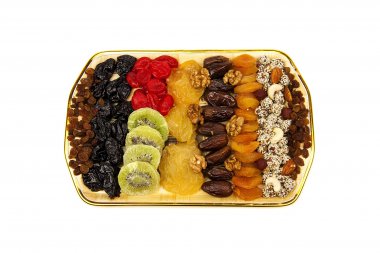 We practically do not need sucrose at all, given that we most often have a sedentary lifestyle. In fact, only athletes could reach for this kind of energy bomb.
We practically do not need sucrose at all, given that we most often have a sedentary lifestyle. In fact, only athletes could reach for this kind of energy bomb.
Our organisms should receive certain doses of sugar, but this natural, unrefined sugar. Such sugar can be obtained by eating fruit and vegetables. Their food not only provides us with sugar, but also an enormous amount of vitamins, minerals and enzymes, and therefore brings us enormous benefits, while sucrose has only negative effects.
What is the risk of excess sugar?
Consumption of sugar adds energy for about 1 - 2 hours. Unfortunately, it is associated with a sudden increase in insulin, and thus an excessive burden on the pancreas.
The main diseases resulting from the continuous and unrestricted consumption of sugar are:
 Tooth decay,
Tooth decay,- type 2 diabetes,
- obesity,
- excessive development of adipose tissue,
- atherosclerosis of blood vessels,
- hypergliceridaemia - too high a concentration of triglycerides in blood,
- heart disease,
- pancreatic problems.
Sugar intake promotes the development of various types of fungi in the body. The common Candida albicans is fed with sugar, its large colonies in the body lead to very severe consequences.
Studies have also shown that consuming sugar in people with depression, after 1 or 2 hours, causes a sudden deterioration in mood.
The intake of sugar in combination with products containing caffeine and phosphorus (cola) is very destructive to the bone state.
How to replace sucrose?
 Maple syrup - obtained by evaporating water from maple stem juice. It contains minerals (manganese, zinc, iron, calcium, potassium) and phenols, i.e. antioxidants to counteract diabetes.
Maple syrup - obtained by evaporating water from maple stem juice. It contains minerals (manganese, zinc, iron, calcium, potassium) and phenols, i.e. antioxidants to counteract diabetes.
Molasses - produced during the processing of cane sugar. It is rich in magnesium, iron, calcium and B vitamins.
Date syrup - obtained from dates, also known as date honey. It contains potassium, iron, magnesium and B vitamins.
Xylitol - also called birch sugar. It has a low glycemic index. Does not cause tooth decay.
Coconut sugar - is produced after the juice of the coconut palm buds has evaporated. It has a lower glycemic index than sugar (almost by half), it also tastes good.
Stevia - occurs in the form of leaves or powdered leaves. Stevia is a plant that grows in Central and South America. Does not contain calories, does not cause blood glucose jumps. Stevia is 250 times sweeter than sugar, so it takes very little to sweeten meals.
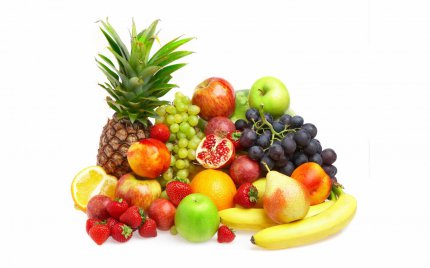
Brown rice syrup - produced by subjecting the cooked rice to the action of starch breaking down enzymes. After evaporation, a syrup with a small amount of fiber and minerals remains. It has a lower glycemic index than sugar. Gourmets pay attention to its unusual caramel and nutty taste.
Fruits are a source of fructose. In addition to their sweet taste, they provide plenty of valuable vitamins, enzymes, minerals and antioxidants.

